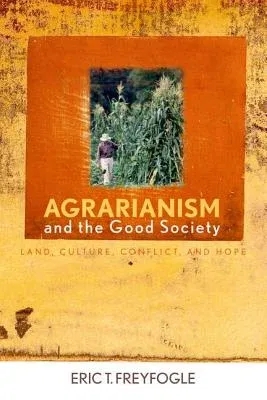Every society expresses its fundamental values and hopes in the ways it
inhabits its landscapes. In this literate and wide-ranging exploration,
Eric T. Freyfogle raises difficult questions about America's core values
while illuminating the social origins of urban sprawl, dwindling
wildlife habitats, and over-engineered rivers. These and other land-use
crises, he contends, arise mostly because of cultural attitudes that
made sense on the American frontier but now threaten the land's
ecological fabric. To support and sustain healthy communities, profound
adjustments will be required. Freyfogle's search leads him down unusual
paths. He probes Charles Frazier's novel Cold Mountain for insights on
the healing power of nature and tests the wisdom in Wendell Berry's
fiction. He challenges journalists writing about environmental issues to
get beyond well-worn rhetoric and explain the true choices that
Americans face. In an imaginary job advertisement, he issues a call for
a national environmental leader, identifying the skills and knowledge
required, taking note of cultural obstacles, and looking critically at
supposed allies. Examining recent federal elections, he largely blames
the conservation cause and its inattention to cultural issues for the
diminished status of the environment as a decisive issue. Agrarianism
and the Good Society identifies the social, historical, political, and
cultural obstacles to humans' harmony with nature and advocates a new
orientation, one that begins with healthy land and that better reflects
our utter dependence on it. In all, Agrarianism and the Good Society
offers a critical yet hopeful guide for cultural change, essential for
anyone interested in the benefits and creative possibilities of
responsible land use.

